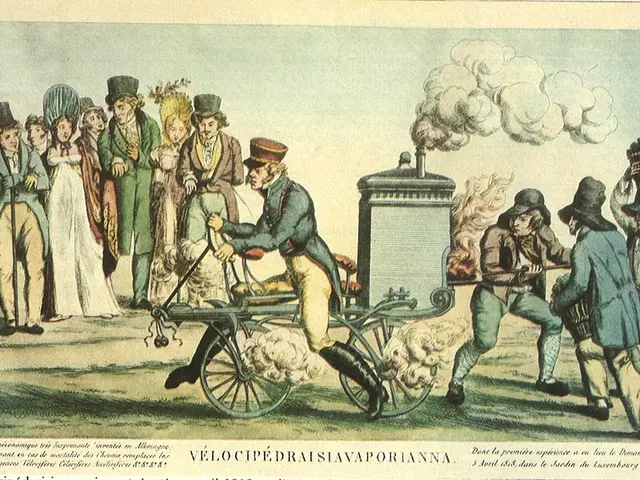Opposition to the work hour legislation intensifies!
The German federal government is proposing reforms to the Working Hours Act (Arbeitszeitgesetz) aimed at increasing labor flexibility and updating labor regulations.
At the heart of the proposed changes is a shift from daily to weekly maximum working hours. Under the current law, employees can work a maximum of eight hours per day, with the exception of ten hours in exceptional cases, provided the average is maintained over a six-month period or 24 weeks. The government seeks to replace the daily limit with a weekly maximum, which could potentially allow workdays exceeding ten hours, provided the weekly average and minimum rest periods are respected. The existing 11-hour rest period between workdays and break regulations will remain in place.
Another key proposal is a tax exemption for overtime supplements. Overtime pay bonuses (additional earnings for working beyond standard hours) would become tax-free, although only the bonus portion, not the entire overtime wage, would benefit from the exemption. The exemption would only apply when overtime surpasses full-time hours, limiting benefits for part-time workers or low-wage sectors with minimal overtime supplements.
The coalition also plans to mandate electronic working time recording, providing transitional provisions for small and medium-sized enterprises. Continuing to allow trust-based working hours arrangements is also part of the proposal.
The increase in working time flexibility holds potential benefits for employers, offering more scheduling options and adaptable working patterns. However, concerns about employee well-being and work-life balance persist, especially in light of the possible relaxation of daily limits.
Employees might financially benefit from the tax exemption on overtime bonuses, boosting their net overtime income. Trade unions may advocate for broader exemptions or more extensive protections in response.
The government intends to strengthen collective bargaining, enforce compliance with collective agreements for public contracts, and modernize co-determination mechanisms, granting trade unions more presence and influence in labor relations.
Critics, particularly trade unions, express concerns over potential overwork and the adequacy of protections for rest and fair compensation, as the balance between employer flexibility and employee protection remains crucial in the implementation details yet to be defined.
In summary, the government's proposals aim to modernize working hours legislation by allowing weekly maximum working time limits instead of daily caps, introducing partial tax exemptions for overtime bonuses, and requiring digital time tracking, while retaining core rest and break protections. These changes provide employers more flexibility, necessitating careful attention to employee rights and union interests during the legislative process.
[1] https://www.spd.de/presse/arbeitszeitenmodernisierung-reformerungen-arbeitswelten-unterm-weg-gehen[2] https://www.zeit.de/politik/deutschland/2023-04/arbeitszeitregelung-arbeitsstatistik-hour-uhr[4] https://www.bundestag.de/media/bdt/20_101pl-392/2101944-w2-001.pdf
- The proposed reforms to the Working Hours Act in Germany are aimed at shifting from daily to weekly maximum working hours, which could allow for workdays exceeding ten hours if the weekly average and minimum rest periods are respected.
- One of the key proposals is a tax exemption for overtime supplements, where overtime pay bonuses would become tax-free if they surpass full-time hours, with only the bonus portion being exempt, benefiting mostly full-time workers or sectors with high overtime supplements.
- The government's policy-and-legislation changes also include mandating electronic working time recording, strengthening collective bargaining, enforcing compliance with collective agreements for public contracts, and modernizing co-determination mechanisms to give trade unions more presence and influence in labor relations.








